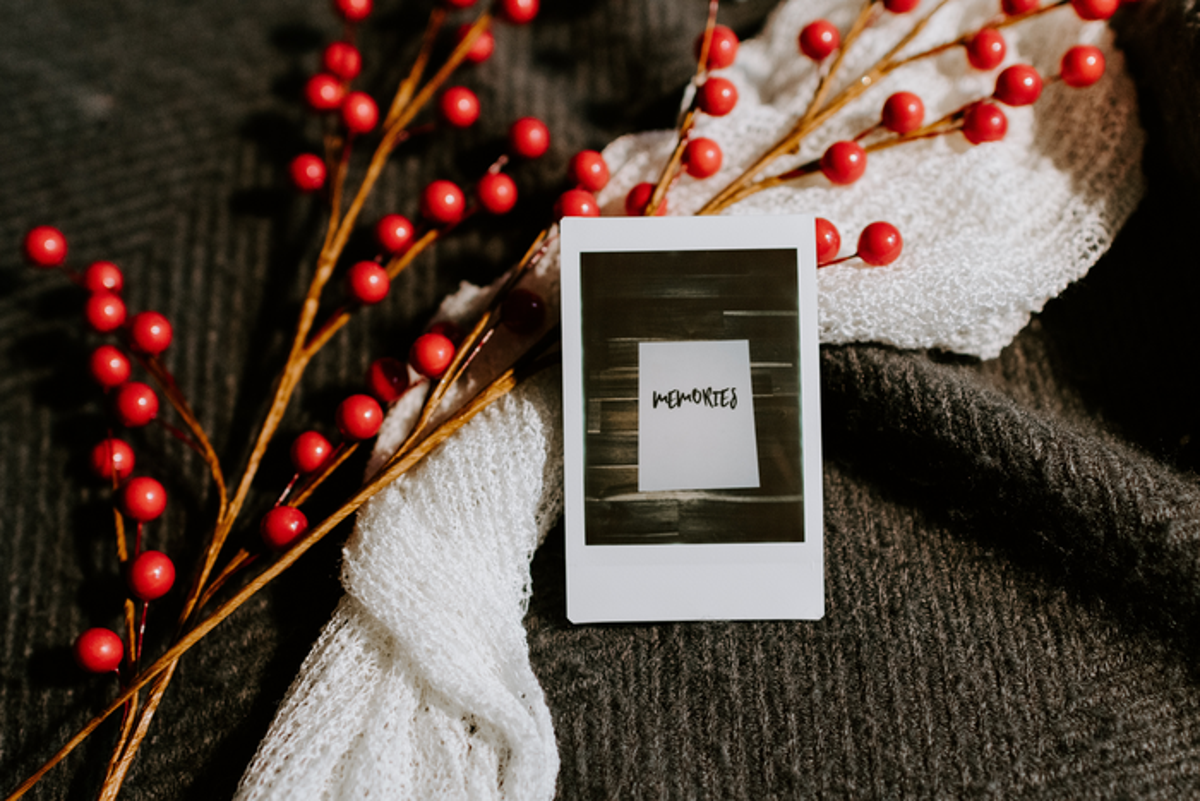Human memory unreliable even in short term, study finds

People may misremember events, often within seconds, and reshape memories to fit their expectations, according to a new study that sheds more light on such illusions in short-term memory.
Previous studies have shown that people’s perception of their surroundings can be shaped by their expectations, which can lead to illusions.
Research has also shown that people’s long-term memories can be shaped to fit their expectations, sometimes generating false memories.
However, it is generally assumed that short-term memories formed from perception just one or two seconds ago accurately represent the surrounding, said scientists, including those from the University of Amsterdam in the Netherlands.
In the new study, published on Wednesday in the journal PLOS, researchers found people’s internal expectations can reshape their perceptions even over short time scales.
The research revealed that within the short timeframe of one or two seconds, people can go from reliably describing what was actually there to wrongly and confidently reporting what they expected to be there instead.
Even in such short time scales, human memory may not be completely reliable due to short-term memory (STM) illusions, scientists said.
When having strong expectations on how the world should be, people’s memories may start to fade even within the span of a few seconds and fill in the faded information with their expectations, the study noted.
Earlier research, in which people presented briefly with a mirror-image letter reported seeing the letter in its correct orientation, has also shed light on the illusion, but was suspected to be misleading due to participants not seeing the shape properly.
In the new study, scientists conducted four experiments to test this.
In the first experiment, participants were tested to ensure they could complete basic visual memory tasks and were then presented with a circle of six or eight letters in which one or two characters were in their mirror-image orientation.
Then, as a distraction, participants were shown a second circle of characters that they had to ignore.
Following this, they had to select a target shape from a list of options that had been at particular location in the first circle, and also rate how confident they were of this choice.
Researchers found participants consistently reporting with high confidence that they had seen the real counterpart of a mirror-image letter.
Scientists said the mistake was driven by participants’ previous knowledge of the alphabet forming their expectations and not due to the similarities in the shapes.
“These memory illusions seem to be the result of world knowledge and not of visual similarities,” researchers wrote in the study.
Other experiments also showed that pseudo-to-real letter illusory memories are more prevalent than real-to-pseudo illusory memories.
“Taken together, the results thus show that world knowledge can shape memory even when memories have only just been formed,” researchers noted.
The findings revealed that illusory memories can arise even when the visual stimulus has only been out of sight for very short periods of time, suggesting even people’s most recent recollections are susceptible to illusory memories.
“It suggests that internal priors play a crucial role not just during perception, but also in memory,” researchers concluded.
“Memory is shaped by what we expected to see, right from the formation of the first memory trace,” they said.
For all the latest Science News Click Here
For the latest news and updates, follow us on Google News.

